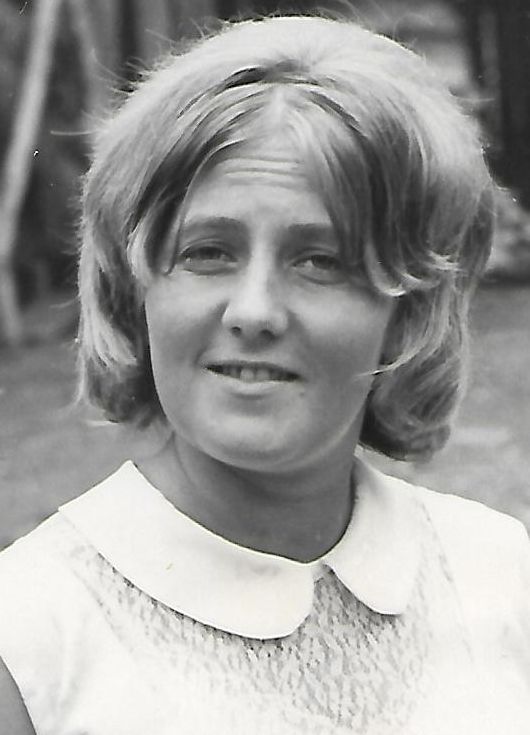The mills of God grind slowly yet they grind

Stáhnout obrázek
Hedvika Fojtů nee Bocková was born on 7th February 1946 at Újezd, a small village in Valašsko, Moravia. Her parents had seven children, a small farm and a few horses. From her childhood she had to help working on the fields and with the horses. In the 1950s her parents withstood the strong pressure of the Communist Party to enter the co-operative. Hedvika was not allowed to study at any other school but the Secondary School of Agriculture and had to stay in the village all her life. Her mother finally did not manage to fight the pressure and entered the local co-operative in 1960. Hedvika worked all her life as an animal carer in Újezd. Today she says that even the post 1989 events have not set right the injustices caused by forced collectivization.














































